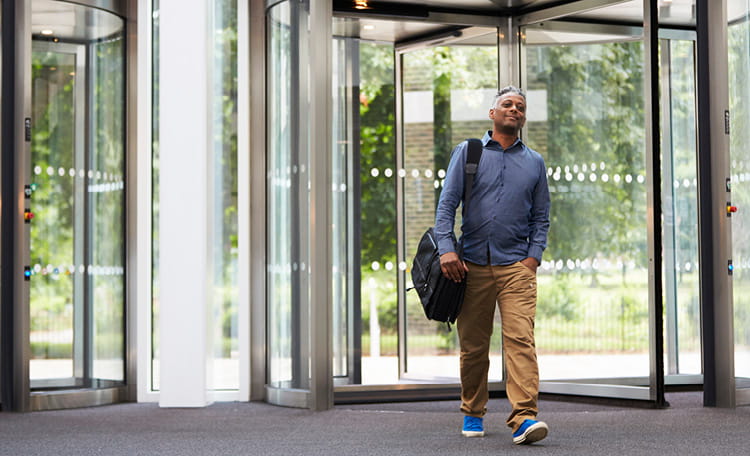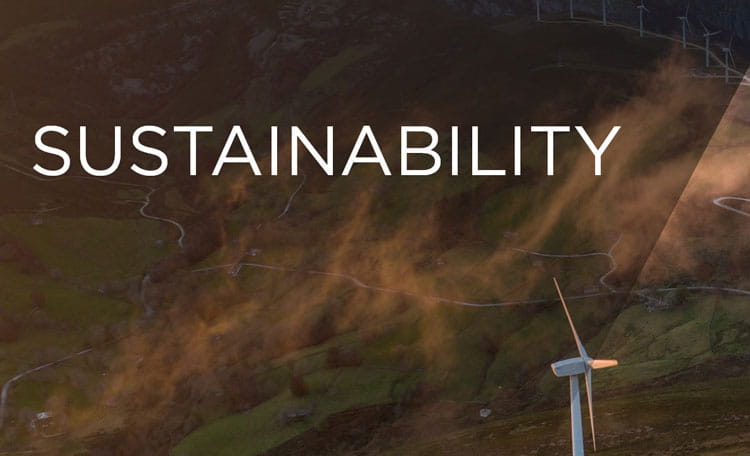
Insights
Featured
Commentary

Article
Cushman & Wakefield Comments on URA private residential price index flash estimates Q1 2024

Insights • Economy
Cushman & Wakefield Comments on URA private residential price index Q3 2023
MarketBeats

MarketBeat

MarketBeat
Islandwide prime retail rents continued to ascend in 2023, underpinned by both demand-led and cost-push factors. While the overall prime retail rents are foreseen to edge up this year, the rental growth in Orchard is expected to consistently surpass and outperform other submarkets.* Data from Q4 2023
Investor

Insights • Investment / Capital Markets
Cushman & Wakefield Q2 Asia Pacific Webinar: Spotlight on Singapore
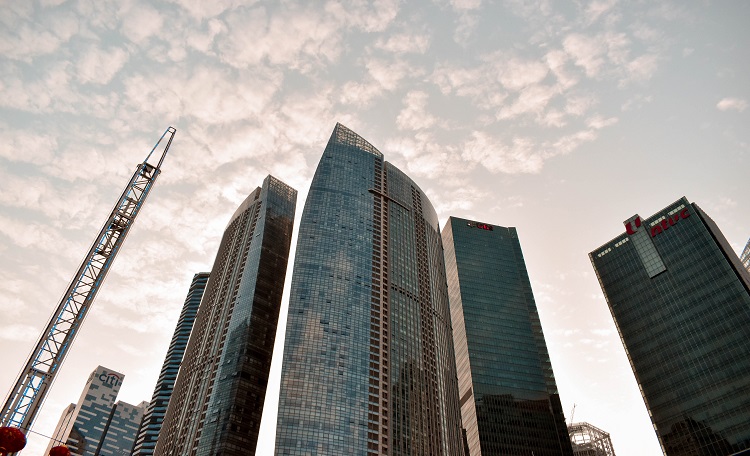
Research • Investment / Capital Markets
Real Estate Opportunities in Post-COVID-19 Recession
Logistics & Industrial

Research
Biomedical Sciences: A Niche Asset Class with Strong Growth Prospects

Insights
Office
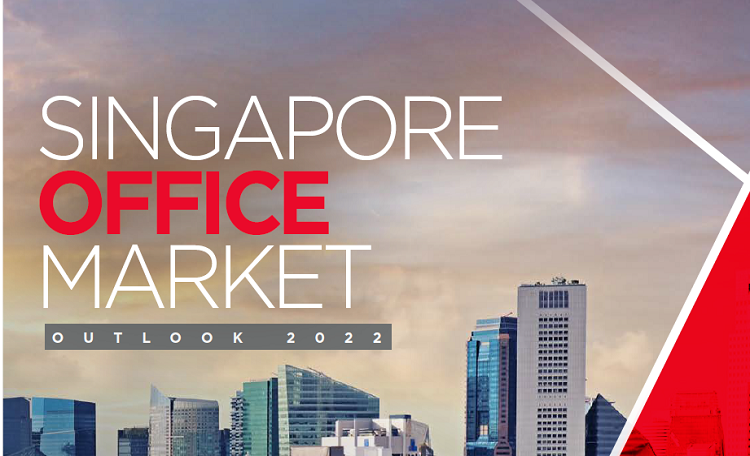
Insights • Workplace
Singapore Office Market Outlook 2022

Insights
Navigating the New Normal in Post-COVID Singapore
Regional Insights

Insights • Investment / Capital Markets
Capital Flows | Supply Chain Management

Research
How Global Brands Are Shaping the Metro Manila Retailer Landscape 2021
Insights • Investment / Capital Markets
Andrew Fray • 25/05/2021
Insights
Summer Chen • 25/05/2021
Insights • Sustainability / ESG
Gareth Michael Powell • 26/03/2021
Global Insights

Research
2024 Global Data Center Market Comparison

Research
Global Manufacturing Risk Index
FEATURED MARKET REPORTS

MarketBeat
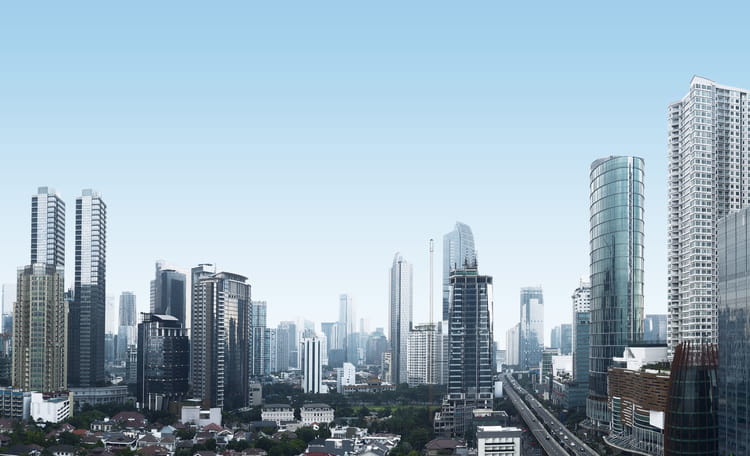
MarketBeat


















